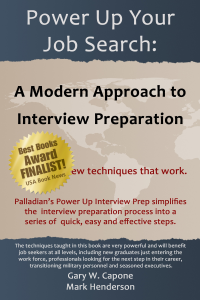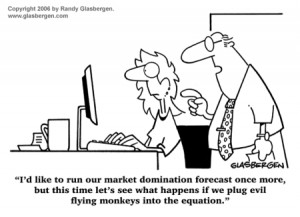 Behavioral interviews focus on assessing the past performance of a job candidate. The questions explore specific situations and activities the job seeker is likely to have experienced. This makes behavioral interviewing a good tool in selecting sourcing professionals.
Behavioral interviews focus on assessing the past performance of a job candidate. The questions explore specific situations and activities the job seeker is likely to have experienced. This makes behavioral interviewing a good tool in selecting sourcing professionals.
Sourcing manages the process a company uses to find and acquire materials within the supply chain function. The complexity of sourcing, especially from international suppliers, opens the door to a very wide range of interview questions. Below is a selection of behavioral interview questions that can help prepare for a supply chain interview:
-
Tell me about a time when you switched from a domestic to an international supplier for a major raw material.
-
Tell me about the greatest sourcing challenge you have faced in your career.
-
Tell me about the most difficult vendor relationship you have managed.
-
Tell me about a time when you made a poor decision in selecting vendors.
-
Tell me about a time when you assessed the risk of a supply interruption from a source of critical purchased materials.
-
Tell me about a time when you reduced the landed cost of a material by sourcing from a supplier with a higher unit cost.
-
Tell me about a time when a major supplier had significant quality issues with materials shipped to you.
-
Tell me about a time when a cultural issue between you and a vendor or potential vendor led to a collapse of the relationship.
-
Tell me about a time when you reduced raw material inventory levels without affecting customer service.
-
Tell me about a time when you utilized intermodal transportation for a key material.
-
Tell me about a time when you utilized a freight forwarder.
-
Tell me about a time when you utilized a 3PL.
-
Tell me about a time when you conducted an audit of a potential vendor overseas.
-
Tell me about a time when you had to overcome significant security concerns in an international market.
-
Tell me about a time when you replaced a preferred vendor due to changes in exchange rates.
-
Tell me about a time when miscommunication with a vendor led a conflict with the vendor.
-
Tell me about a time when you utilized a international procurement office to identify and manage vendors.
These questions cover a variety of topics related to supply chain and sourcing roles. With the thousands of potential interview questions, it is unlikely you will see many from this list in each interview. Despite this, preparing for these questions will help your interview performance.
Almost all companies will have challenges with some of the topics in the list. If you are prepared to discuss these challenges, few questions about your sourcing experience will be difficult.
| Get our book on behavioral interviewing. | Other Great Books to help you prepare for Behavioral Interviews: |






